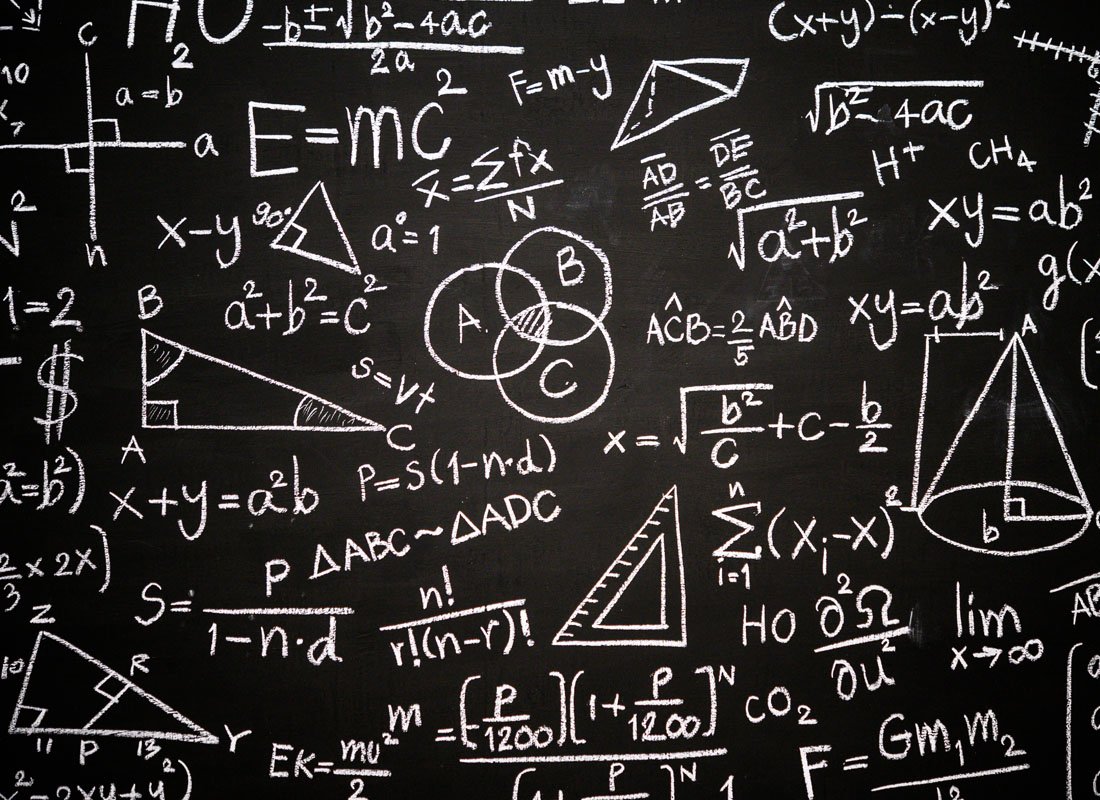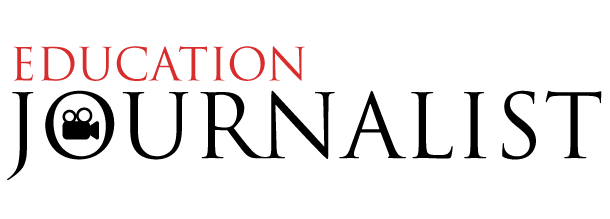School education in India is facing a complex change with the implementation of international programmes such as IB and IGCSE syllabuses in Indian schools. It could be argued that foreign education is years from achieving the standards reached by the countries of Western Europe and the Americas, but it cannot be ignored that the educational ecosystem of the schools that opted for it has improved.
At any point, the transition is important enough to give rise to several similarities between CBSE, ICSE and IB and IGCSE. The questions raised regarding the foreign education programmes are usually about their suitability in the Indian educational sense.
Now let’s see how IB and CIGSE perform in contrast to the CBSE and ICSE boards, which have been the leading developed school educational standards operated by India’s finest schools.
Some argue that the Global Schools are superior copies of our best schools, few agree that they are completely separate systems of education. Responding to these concerns requires a very nuanced study of both the foreign and national education structures. We also sought to illustrate the big discrepancies and also the concerns that parents and school promoters, used to CBSE and ICSE, have posed about the IB and the IGCSE.
CBSE has a comprehensive Science and Mathematics curriculum and traditional teaching approaches combined with laborious self-study provides good outcomes. The arts and humanities are not as intense as their scientific counterparts. The revised NCERT books, in particular those on social sciences, were structured to make classrooms more engaging, and chapters were thematically designed to bring out creative faculties in children.
It remains to be seen why the exam-centred approach makes it difficult to change the mindset of the teacher, particularly when it produces reasonably ‘good results.’ The question that needs to be raised is whether the best CBSE student scorers are as qualified as their IB or IGCSE peers.
CBSE has also published The CBSE International (CBSE I). CBSE I is believed to have a continental tilt and proximity to the international curriculum. It is compared to the theoretical strength of the national CBSE curriculum and provides more flexibility for analytical and realistic learning skills. On closer inspection, we see that there is also a gap between IB, IGCSE and CBSE I, primarily in terms of pedagogy and education methodology.
Coming to the ICSE, it has a strong edge over CBSE in the fields of syllabic arts and humanities, language learning and practical study. While we might argue that these ICSE schools are better off in terms of amenities and educational facilities, not to mention extracurricular programmes, that cannot be taken as a distinction because CBSE does not necessarily limit the growth of infrastructure and so on.
The condition is that broadly speaking, ICSE schools are better off in terms of teaching facilities and creativity. Any CBSE schools are different from this. The concern here is whether IB or IGCSE schools are better off than ICSE too. Any ICSE students also made the shift to IB at class XII, i.e. they, therefore, have chosen for the IB Diploma Program rather than the ICSE Diploma Test. The perspective of these learners is very helpful in recognising the disparity between national and foreign education systems. Now, there are very clear reasons for choosing to switch from ICSE to IB. This includes the worldwide exposure that comes with the IB’s subscription. The IB programme is adapted to the needs of the target students, as well as the teachers are far more involved in framing the course.



